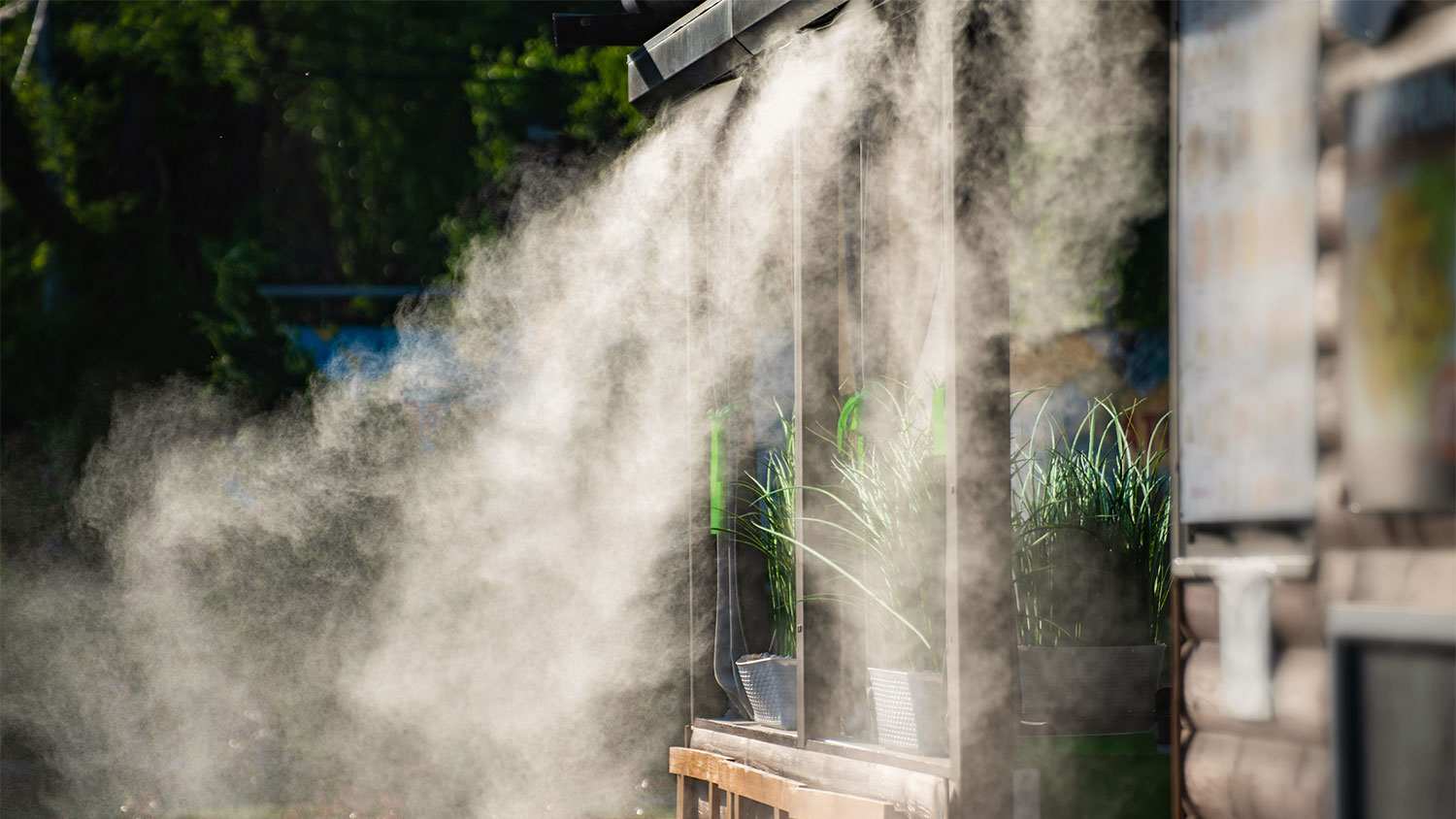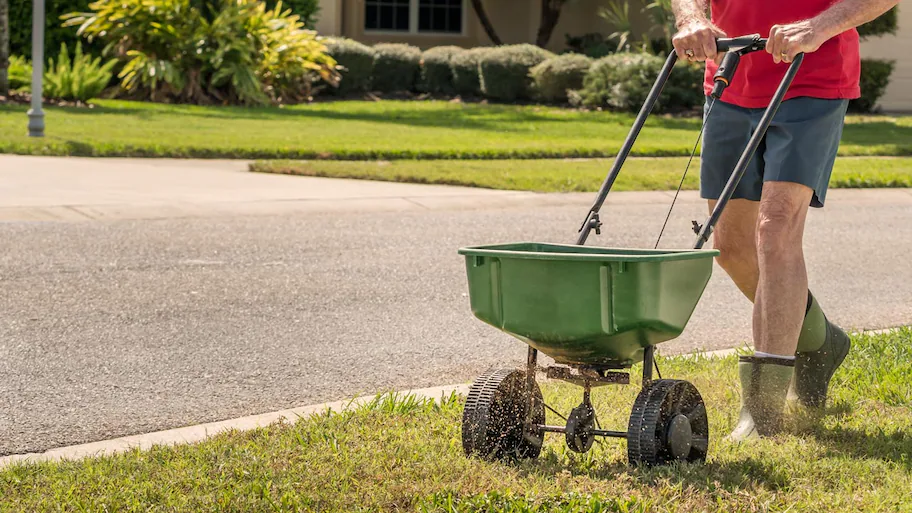K & M Mowing
K & M Mowing
K & M Mowing provides residential and commercial mowing services to the Hopkinsville, Christian County area. We offer weekly or bi-weekly mowing. We accept cash, checks, Paypal and most major credit cards.Free estimates.
K & M Mowing provides residential and commercial mowing services to the Hopkinsville, Christian County area. We offer weekly or bi-weekly mowing. We accept cash, checks, Paypal and most major credit cards.Free estimates.








